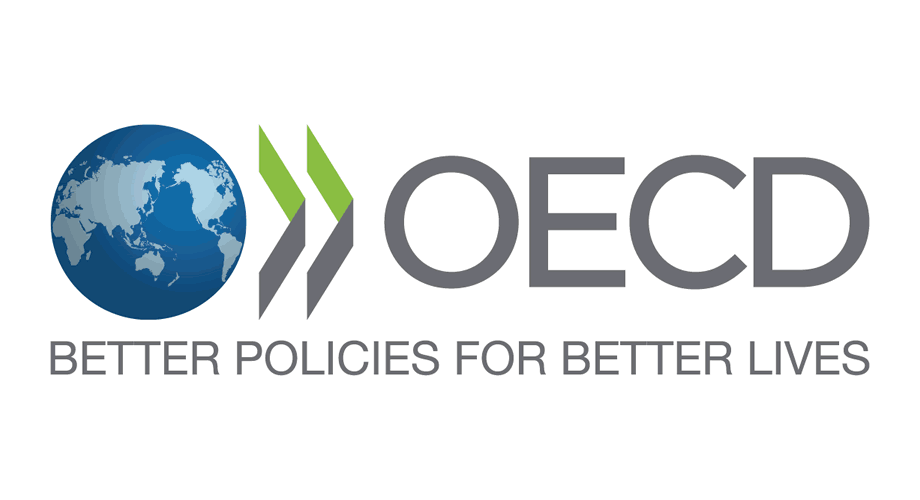
As OECD has stated, the COVID-19 pandemic has forced governments to take unprecedented measures such as restricting travel and implementing strict quarantine requirements. In this difficult context, most countries are putting stimulus packages in place, including measures to support employment, for example, taking on the burden of unpaid salaries on behalf of companies suffering from the economic effects of COVID-19 pandemic. As a result of these restrictions, many individuals are unable to physically travel as previously planned in order to maintain the preferred tax status.
Therefore one of the most prevalent risks in current times is “forced” tax residence when the tax status of an individual is changed due to the existing quarantine/travel restrictions.
As the global pandemic is continuing with no obvious “end-date” in sight the prognosis of OECD of it’s minor impact seems to be overly optimistic. Namely, in April 2020 OECD presumed that “it is unlikely that the COVID-19 situation will create any changes to a PE (permanent establishment) determination”.
In view of the above we highly recommend all those affected by the the existing quarantine/travel restrictions: